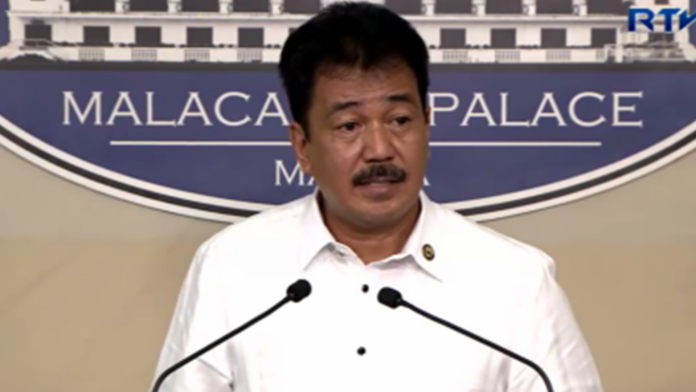MANILA – Higher education institutions (HEIs) that have agriculture-related programs have taken seriously the Department of Agriculture’s (DA) challenge for them to take an active role in implementing the government’s action plans, Commission on Higher Education (CHED) chair J. Prospero de Vera III said on Wednesday.
“The challenge raised by Sec. Dar (Secretary William Dar) has been consistently raised by agriculture and higher education leaders for some time now. It is taken seriously by HEIs that have agriculture and agriculture related programs,” de Vera told the Philippine News Agency.
He said the country has State universities and colleges (SUCs) that are enticing the youth to participate in the economic recovery amid the prevailing Covid-19 pandemic.
“Our top SUCs that have agricultural programs, such as Central Luzon State University, Central Mindanao University, University of Southern Mindanao, Mariano Marcos State University, and Visayas State University, and Tarlac Agricultural University (TAU) are ranked among the best Asian universities by QS in 2020-2021,” he said.
He said TAU is the only public school among the five universities in the Philippines that made it to the 2021 Impact Rankings by Times Higher Education in April 2021.
De Vera added that the SUCs have produced quality research works that benefitted the government’s programs.
“These are the best indicators of the quality of education in our agriculture higher education institutions,” he added.
In a virtual forum hosted by the University of the Philippines Los Baños (UPLB) on Tuesday, Dar said HEIs should proactively engage “in creating a quality workforce, driving innovation, increasing employability, upskilling existing workforces, collaborating between education and business, and feeding the country into a knowledge-based economy.”
Dar said while the UPLB is considered as one of the top Philippine universities in terms of research productivity in science, engineering, and health, as reported by the Institutes for Research, Innovation and Scholarship or IRIS, it should step forward in driving agricultural innovation systems in rural areas.
“I believe that you would always like to go farther where we are today — by means of reinventing and strengthening your existing curricular programs, including your science and innovation, and research for development,” he said.
He challenged the UPLB officials to make an impact in the transformation of the municipality of Los Baños as well as the province of Laguna.
“We need to rethink, as we all have to play an active part in enhancing the transformation of our agricultural areas,” Dar said.
Research for development, he said, should be “the paradigm shift for all HEIs in the country.”
“Quality research begets quality teaching and innovation. And quality teaching and innovation result to quality human capital. Quality human capital attracts investments and eradicates poverty,” Dar said. (PNA)


